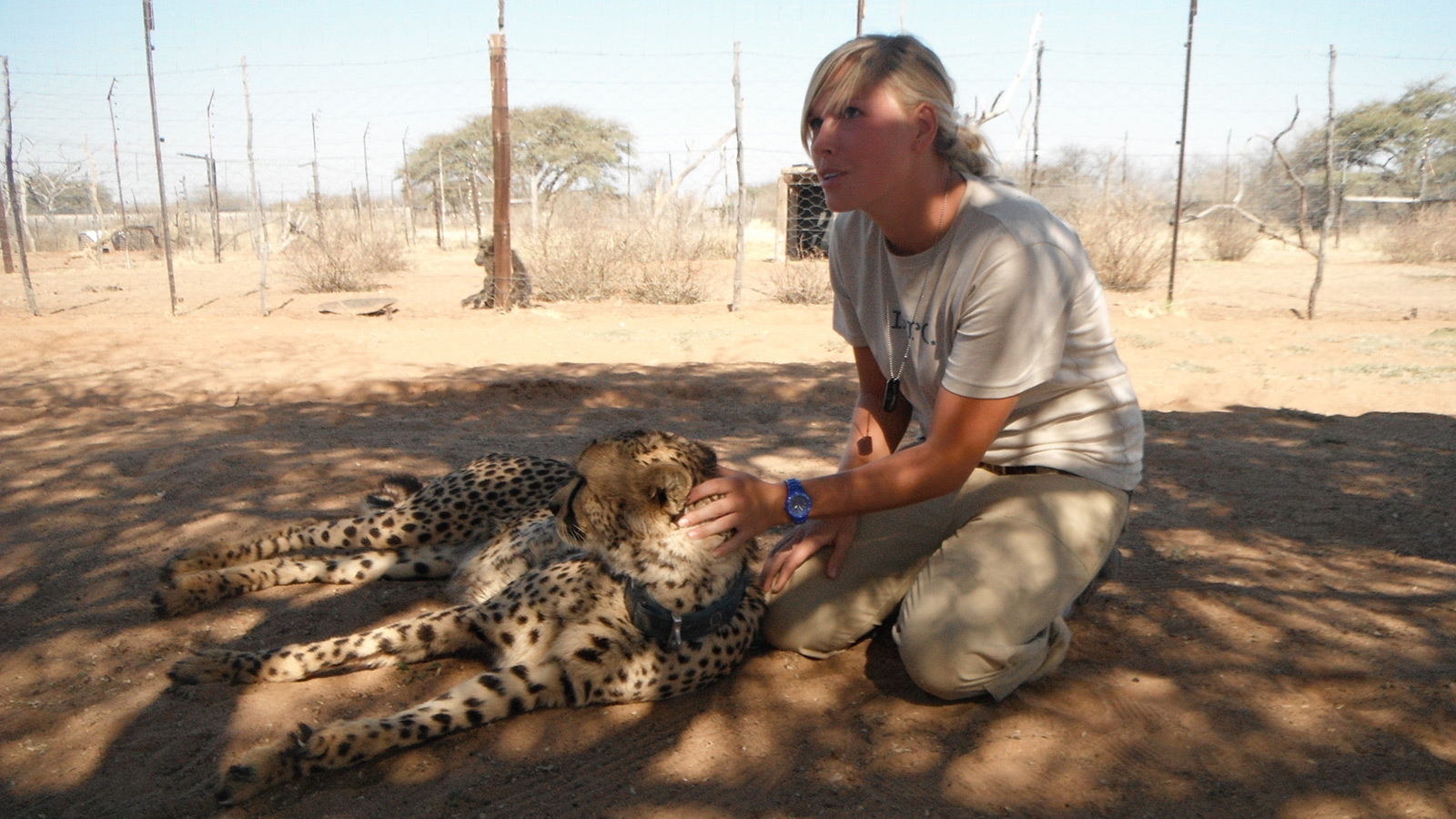
Are you interested in a versatile Science degree with flexible program options that encourage you to explore your interests?
Whether you want to study the behaviours of the animal kingdom, understand the structure of cells, learn how to protect species and ecosystems or learn how to make decisions supported by data, the Bachelor of Science program at UBC Okanagan will let you build your degree into what you want and discover your passion.
What you learn in Science at UBC Okanagan
As a student in the Bachelor of Science program, you can complete a General Science degree or choose from among 17 majors and numerous minors. These are nationally and internationally recognized programs and several have strong ties with Indigenous communities and Indigenous lands.
In your first year, you build a foundation of skills in core science subjects while exploring other areas of interest through a combination of classroom and hands-on lab work.
Some of the program options include:
Explore the animal kingdom as a biological scientist by studying behaviours, physiology, anatomy, and the entire animal organism. You’ll gain practical experience and skills in laboratory and fieldwork, computers, and communication.
A UBC degree in Zoology prepares you for a range of careers in areas such as conservation, environmental assessment, aquaculture, forensic biology, and toxicology.
Biochemistry and Molecular Biology
Investigate the world at the molecular level in biochemistry and molecular biology, the study of chemical compounds and reactions that occur in living organisms. This program includes a wide variety of foundational and advanced courses that cover metabolic pathways, the chemistry of winemaking, pharmacology, and more. You can choose to specialize in biochemistry or the more medical aspects of cell and molecular biology.
Biochemistry and Molecular Biology can lead to work in mass producing chemicals that are usually found in the body in tiny amounts, mapping the human genetic code, or creating genetically engineered crops that are more resistant to adverse weather conditions, spoilage, disease, and pests.
Graduates from the program go on to graduate or medical school, or careers in fields such as biotechnology, food science, and pharmacology.
Ecology, Evolution, and Conservation Biology
Ecology, evolution and conservation biology is an interdisciplinary field that draws on natural history, behaviour, genetics, mathematical, and environmental sciences.
By studying ecology, you master the tools needed to understand natural systems and improve the impact human activity has on the natural world. Studying evolutionary biology provides a focus on the origin and maintenance of biodiversity, an understanding of the adaptive processes that explain reproductive tactics and animal behaviour and the tools required for investigating ongoing evolutionary processes in natural systems. Studying conservation biology gives you practical tools and approaches for protecting species and ecosystems.
This program offers a wide variety of foundational and advanced courses that explore topics ranging from the fundamental processes underlying adaptive evolution, speciation, and extinction to techniques used by wildlife ecologists.
Earth and Environmental Sciences
Develop an understanding of the fundamental natural processes that shape Earth and its environment, and an appreciation of how humans are influencing its future. The Earth and Environmental Sciences program allows you the flexibility to pursue your interests, from the solid earth sciences to the environment. Choose from courses covering mineral resources, water resources, river hydrology, climate and paleo-climate, hydrogeology, land use management, environmental assessment, geochemistry, and other topics.
As an Earth and Environmental Sciences graduate, you could work for mineral exploration and resource extraction companies, environmental and geotechnical consulting firms, provincial and federal geological surveys, provincial and federal ministries that oversee environment, habitat, and land use, and government research laboratories.
Data Science is an in-demand field that focuses on making decisions supported by data. It’s grounded in statistics to formulate relevant questions and determine the answer based on data, and in computer science to manipulate and visualize data efficiently.
A BSc in Data Science can help you find an exciting career across a broad range of industries and organizations, everything from marketing analyst to data engineer.
Student Scoop

Meet Jason. He came from Jakarta to study Data Science at UBC Okanagan and was the recipient of two awards, the International Major Entrance Scholarship and the Outstanding International Student award. “Being able to share ideas in both a classroom and community setting allows me to gain new perspectives.” – Jason Samuel Suwito
Why choose Science at UBC Okanagan?
Science at UBC Okanagan emphasizes hands-on, experiential learning. Research opportunities are abundant and unique and students study in a close-knit community with access to their professors. The program has strong ties with Indigenous communities and Indigenous lands.
Graduates of the program have a variety of post-graduate opportunities, including med school, dentistry, veterinary school, and law.